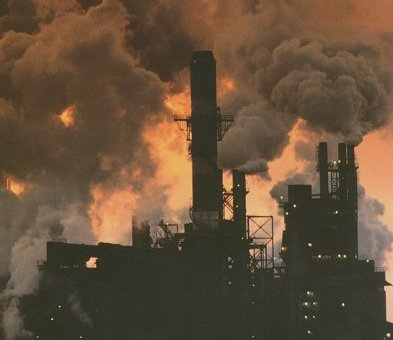 There are approximately twenty million myths about markets and market capitalism, one of the most common being this:
There are approximately twenty million myths about markets and market capitalism, one of the most common being this:
Markets don’t work well (or are inefficient) when there are negative or positive “externalities.”
Here’s how Tom Palmer, philosopher and economist, bunks that canard:
The mere existence of an externality is no argument for having the state take over some activity or displace private choices. Fashionable clothes and good grooming generate plenty of positive externalities, as others admire those who are well clothed or groomed, but that’s no reason to turn choice of or provision of clothing and grooming over to the state. Gardening, architecture, and many other activities generate positive externalities on others, but people undertake to beautify their gardens and their building just the same. In all those cases, the benefits to the producers alone — including the approbations of those on whom the positive externalities are showered — are sufficient to induce them to produce the goods. In other cases, such as the provision of television and radio broadcasts, the public good is “tied” to the provision of other goods, such as advertising for firms….
More commonly, however, it is the existence of NEGATIVE externalities that leads people to question the efficacy or justice of market mechanisms. Pollution is the most commonly cited example. If a producer can produce products profitably because he or she imposes the costs of production on others who have not consented to be a part of the production process, say, by throwing huge amounts of smoke into the air or chemicals into a river, he will probably do so. Those who breathe the air or drink the toxic water will bear the costs of producing the product, while the producer will get the benefits from the sale of the product. The problem in such cases, however, is not that markets have failed, but that they are absent. Markets rest on private property and cannot function when property rights are not defined or enforced. Cases of pollution are precisely cases not of market failure but of government failure to define and defend the property rights of others, such as those who breathe polluted air, or drink polluted water (source).
Under true laissez-faire capitalism, in other words, which is the only system that fully protects property and person — thereby forbidding the instigation of force in any form — you are not allowed to poison anyone.
In a socialistic, protectionist society, such as the one we now live in, no such rule of law exists because property is not regarded as private but communal.
The proof is ultimately in the water.
